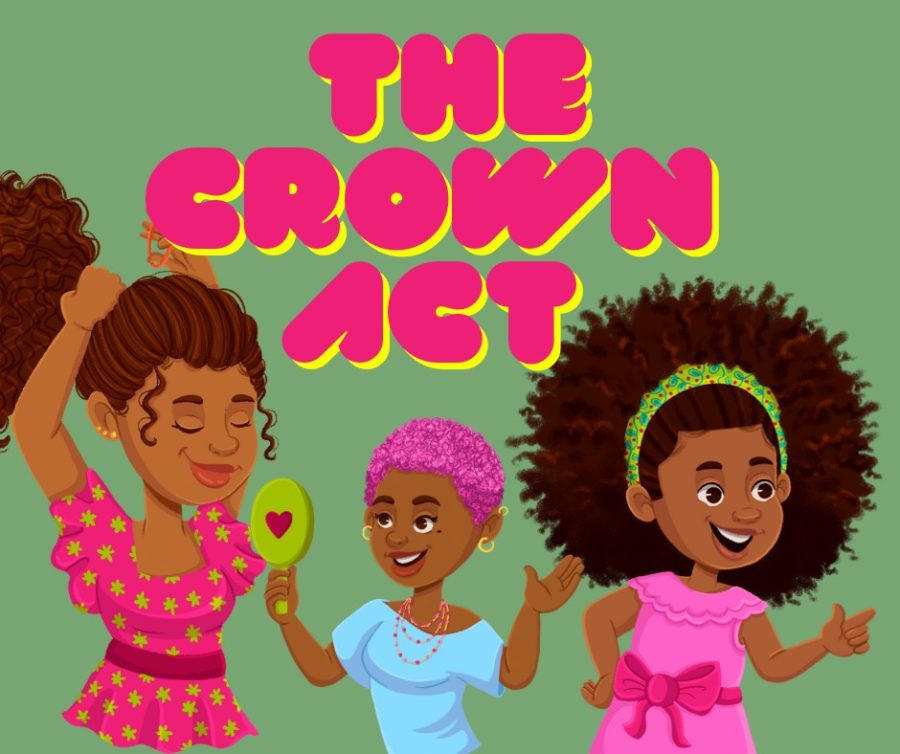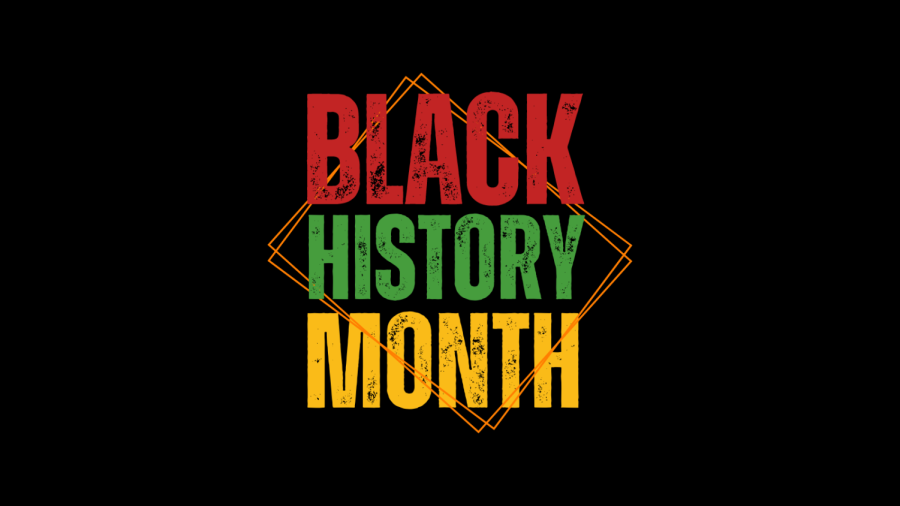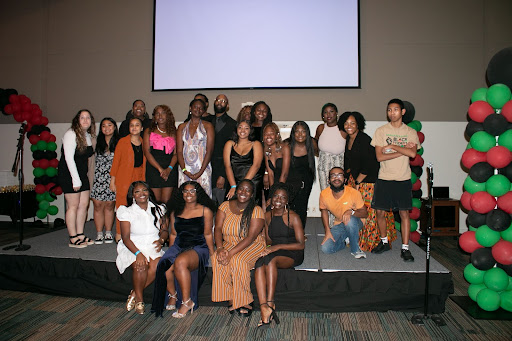Black History Month is a celebration that many African-Americans take part in. It highlights the difficulties as well as the triumphs that the black community has faced throughout America’s history. The origins of this national event date all the way back to 1915, 50 years after the abolition of slavery.
Carter G. Woodson earned a master’s degree at the University of Chicago as well as a PhD from Harvard. During his time in school, he felt as if black people were underrepresented in schools. Because of this, Woodson founded the Association for the Study of Nefro Life and History, which is now known as the Association for the Study of African Life and History (ASALH). The organization promoted a “Negro History Week” which aimed to promote the study of black accomplishments throughout American History.
“Negro History Week” was launched in 1926 so that school systems could help teach the material. The second week of February was chosen because it was Frederick Douglass’ birthday on Feb. 12 and Abraham Lincoln’s on Feb. 14. Douglass was the leader of the abolitionist movement and gained fame through his antislavery writings.
Even though this movement was a large push in American schools, black history still wasn’t taught very much. There were only a few individuals mentioned, such as Nat Turner, who led a revolt against white people and killed 60 of them. Another individual mentioned was “Madame” C.J. Walker who created a hair conditioner for black women in 1905.
During this time, many universities and colleges started to incorporate a Black History month into their schedule instead of just one week. There were even some mayors that adapted this into certain cities before it became a national event.
In 1976, President Gerald Ford made Black History month a national observance. Every year since then, each president has given a theme to that year’s Black History Month. This year’s theme is “Black Family: Representation, Identity and Diversity.” This theme talks about the spread of black families throughout America.
The theme of “Black Family: Representation, Identity and Diversity” is especially important, due to recent events that transpired in 2020.
When asked about what makes the theme this year so important, Assistant History Professor Felicia Bevel at UNF said, “Black families have been the strength of the black community and it’s important for us to produce a counternarrative in the face of how the black family has been portrayed as dysfunctional. Black Lives Matter is not just trying to show the black lives lost, but also how it impacts family members.”
We all celebrate Black History Month whether it’s in school or with family and friends.
For more information on African American history click, here.
___
For more information or news tips, or if you see an error in this story or have any compliments or concerns, contact editor@unfspinnaker.com.















